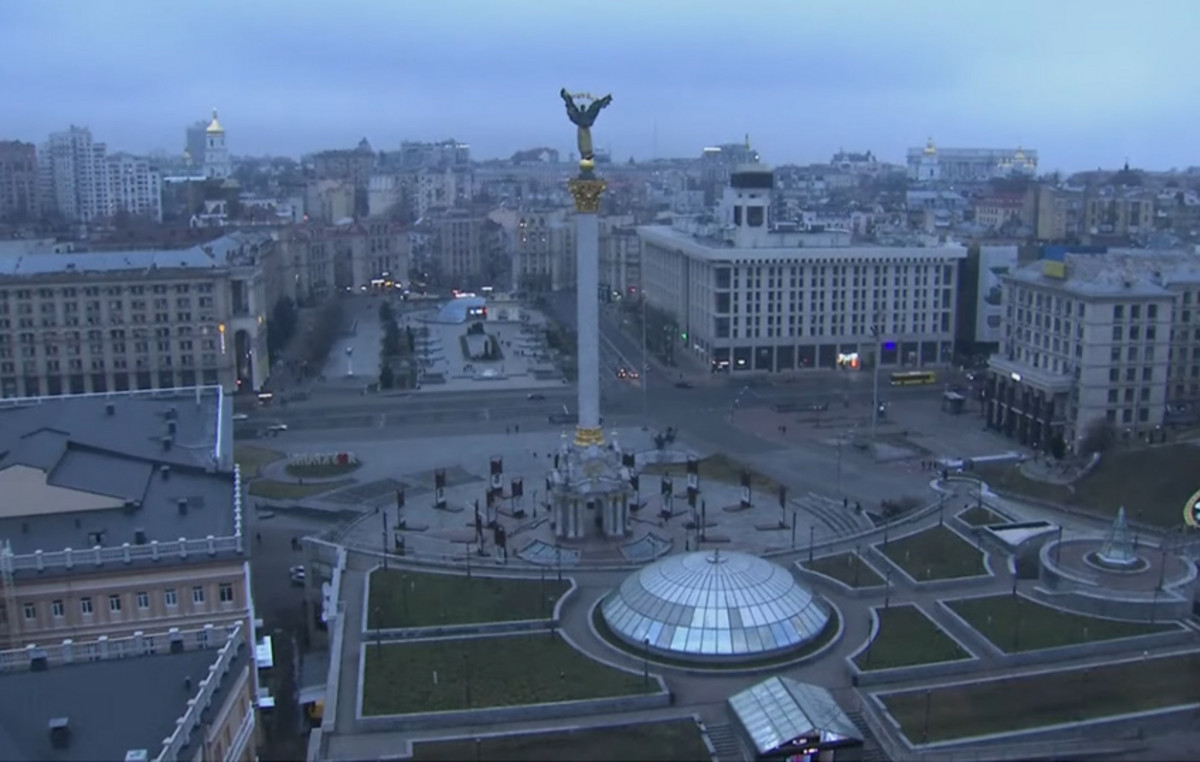I know, every year we talk about trends in the corporate world for the year that is about to start and, often, forecasts give the feeling that they are just being recycled and, deep down, it seems that we are always saying the same thing.
But 2023 has its specificities and I think some of the trends for this year that we are entering are interesting and daring.
The effects, lessons learned and advances generated by the pandemic; the advent of new technologies and the consolidation of a progressive vision of the world of work bring interesting challenges and demands to the corporate universe of 2023.
Starting with the rejection of the return to 100% face-to-face work – which affects company structures well. This year, it is possible to separate the wheat from the chaff when it comes to maintaining a healthy company.
Guess, for example, which side is Elon Musk on when he says that employees have to commit to long hours and high intensity if they can’t “get out”? Well, it’s the post-Elon Musk world that interests me.
A WeWork survey interviewed eight thousand professionals from six Latin countries and showed that, before the pandemic, salary and job challenges were the biggest attractions of a vacancy. Now, the biggest draw is flexibility. Yes, working in the hybrid scheme or with 4 (instead of 5) days of work are at the top of the wish list of employees in 2023.
Today, there is already an abundance of data proving that productivity has nothing to do with the number of hours spent in the office. We also already know that a happy employee is synonymous with a job well done.
The last few years have shaken up the way companies organize themselves, and going back to where we left off is a step backwards. Therefore, it is very worthwhile to stay tuned to what experts and scholars in the area are saying.
Personally, I like the predictions made by organizational designer Maíra Blasi, who, with her theory of subversive leadership, has been pointing out paths that are as daring as they are necessary.
She has been stressing the importance of rest (“rest is right, not reward”) for some time and has recently launched, together with the consulting partners 65|10, the Declaration for the Rights of Rest, which reflects on the entire culture of work (paid or not) and urges society to think about the issue.
And of course, when we praise rest, we are hitting the corporate universe right in the face, which insisted so much on assumptions such as “work while they sleep” or on giving preference (promotion, bonuses and pomp) to those who were totally focused on professional duties.
What Maíra insists on (and I think it’s wonderful!) is that having a life outside of work, disconnecting and having other interests makes us (and consequently employees) better people. Companies that don’t see this may be doomed to keep among their workers only those who are not very creative, not fresh, not very innovative, and very tired.
Among the phrases from the corporate universe that the consultant wants to leave in the old year are: “get out of your comfort zone”, “emotional salary”, “your purpose is in your work” and “those who are not seen are not remembered”. In general, everything that takes away individuality, does not value remote work and puts a job as the fundamental part of life.
Another voice that I have heard in this field and that brings good news when we talk about the future is Alexandre Pellaes, a specialist in new management models.
With a popular format that draws on the creativity of the new generations, Alexandre posts scenarios where he himself plays all the hypothetical employees of a company, with a clear emphasis on the HR group, where he comes from. With grace and satire, he shows the absurdities and also the achievements of the corporate universe.
In an interview given to CNN the researcher showed how work has evolved throughout history and which trends really make sense for this post-pandemic moment we are experiencing.
In the concepts brought by Pellaes, the need for a new leadership format, which does not concentrate power, is clear. More than adapting to the 4-day job, for example, he points out that those who do not sit down to listen (workers, research and specialists) will be left behind.
Another duo that has been doing cutting-edge work, and that slips into the world of work quite often, is Daniela Arrais and Luiza Voll, creators of Content.vc. The consultancy is dedicated to thinking about our relationship with the internet, but given the confusion that this technology has created between our personal and professional lives, I think it’s fair to bring it into this conversation.
Overconnection is a real problem and can crush even good professionals. There’s even an expression that I really like: availability fatigue (the name is self-explanatory, isn’t it?).
And then, how about taking advantage of this auspicious beginning of 2023 to rethink work schemes, reflect on rest, excessive connection, workload and flexible schemes?
And remember, it’s not just big business, small businesses and home workers should join the conversation, too.
Source: CNN Brasil
A journalist with over 7 years of experience in the news industry, currently working at World Stock Market as an author for the Entertainment section and also contributing to the Economics or finance section on a part-time basis. Has a passion for Entertainment and fashion topics, and has put in a lot of research and effort to provide accurate information to readers.







